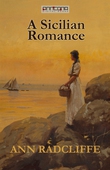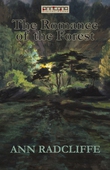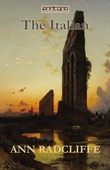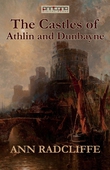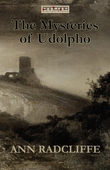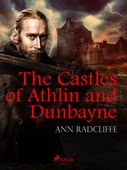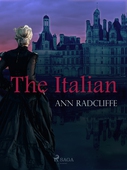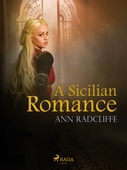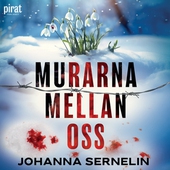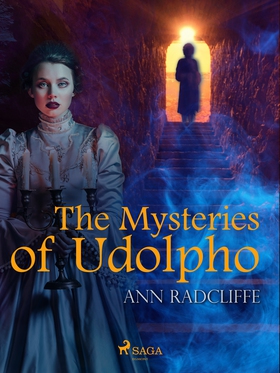
Lägg till önskelistan
The Mysteries of Udolpho e-bok
Pris
195 kr
Gloomy castles. Villainous Counts. Swordfights galore. If you’re looking for the ultimate Gothic novel, "The Mysteries of Udolpho" takes some beating.
Set in the 1500s, it follows Emily St. Aubert, whose idyllic life in France is shattered when both her parents pass away. She falls under the influence of an Italian Count, and is taken to live in his castle. It’s a place full of secrets and things that go bump in the night. Can Emily uncover what’s really going on, before it’s too late?
Th...
E-Bok
195 kr
Pris
Förlag
Saga Egmont
Utgiven
2 November 2021
Längd
434 sidor
Genrer
Romaner, Skönlitteratur
Språk
English
Format
epub
Kopieringsskydd
Vattenmärkt
ISBN
9788726615227
Gloomy castles. Villainous Counts. Swordfights galore. If you’re looking for the ultimate Gothic novel, "The Mysteries of Udolpho" takes some beating.
Set in the 1500s, it follows Emily St. Aubert, whose idyllic life in France is shattered when both her parents pass away. She falls under the influence of an Italian Count, and is taken to live in his castle. It’s a place full of secrets and things that go bump in the night. Can Emily uncover what’s really going on, before it’s too late?
Thrilling and gloriously melodramatic, "The Mysteries of Udolpho" is a must read for fans of the genre.
Ann Radcliffe (1764–1823) was a British writer who helped popularise Gothic fiction. Born in London, her writing career took off after her marriage to the journalist William Radcliffe. His work meant he wasn’t often at home, so Ann began writing in his absence.
Unlike other Gothic writers, she favoured psychological horror over the supernatural, and female protagonists over male ones. Her best known novels include "The Mysteries of Udolpho", "The Italian" and "A Sicilian Romance".
Radcliffe’s fans include Dostoyevksy and Edgar Allan Poe, and her style was even parodied by Jane Austen in her classic book "Northanger Abbey".

